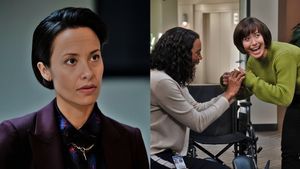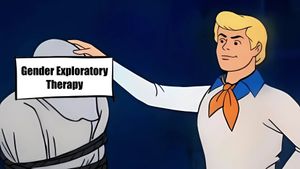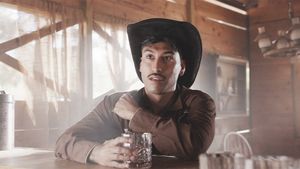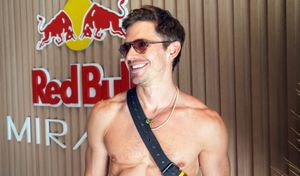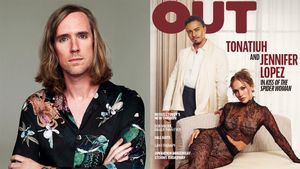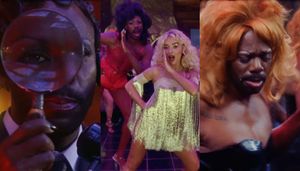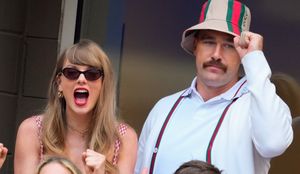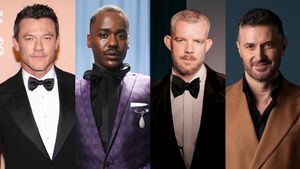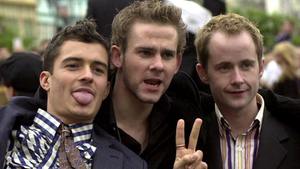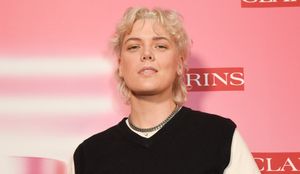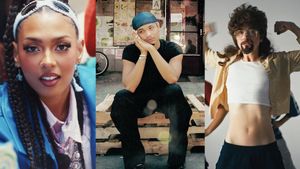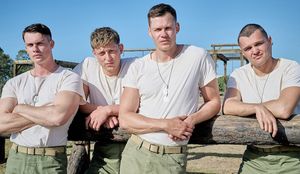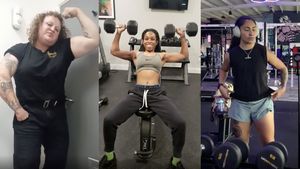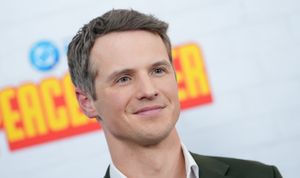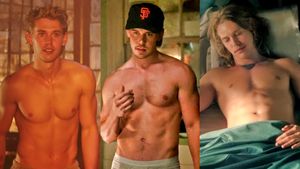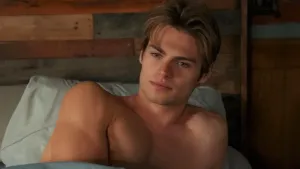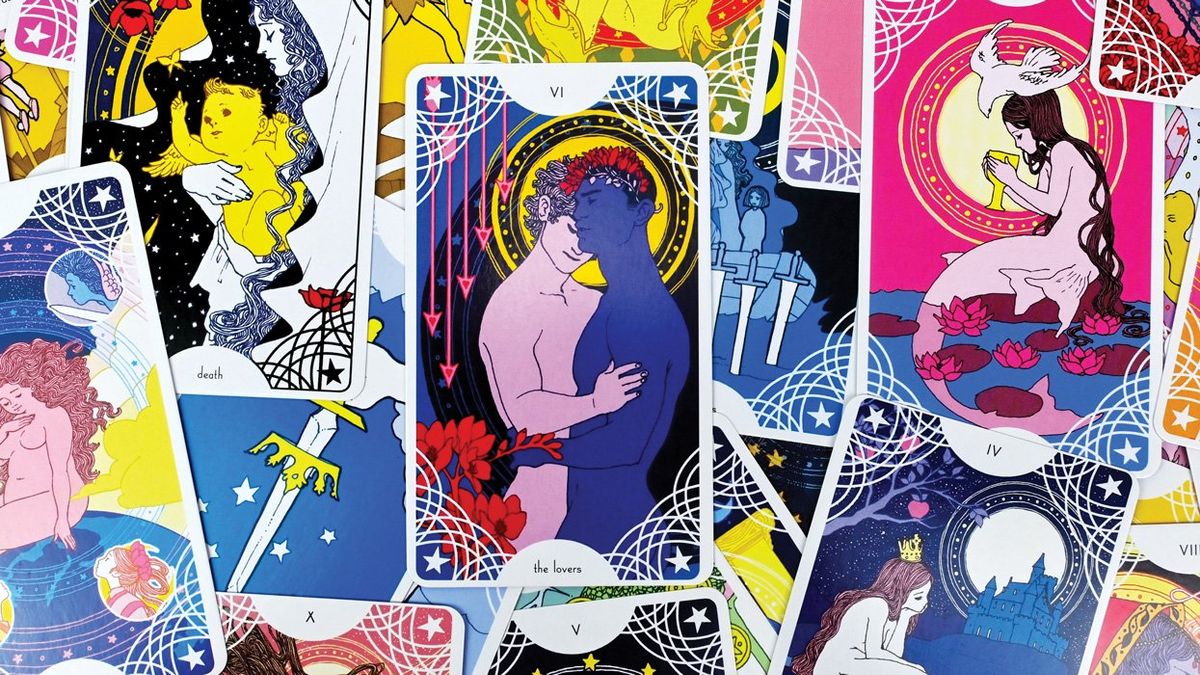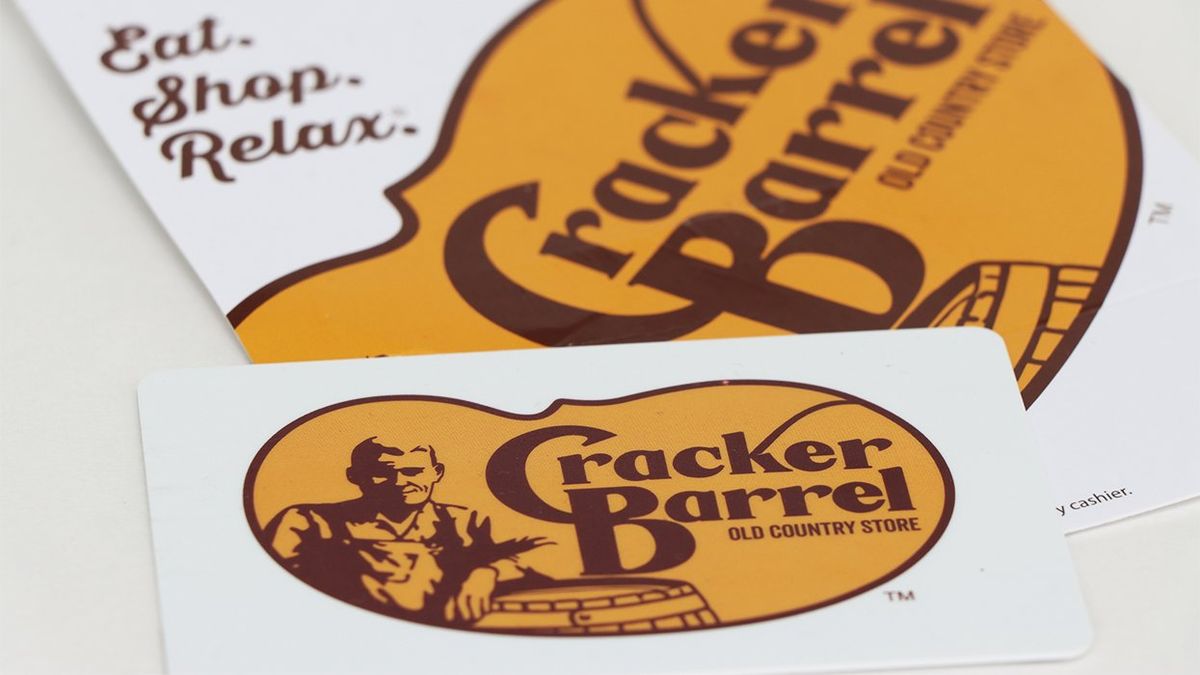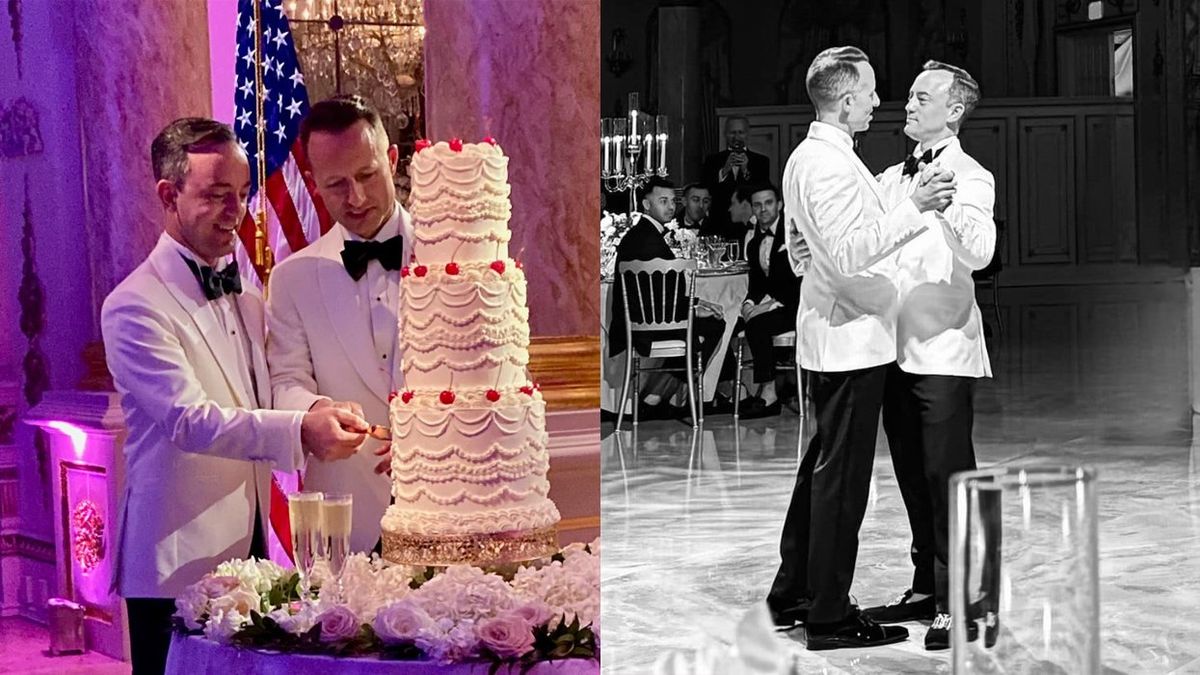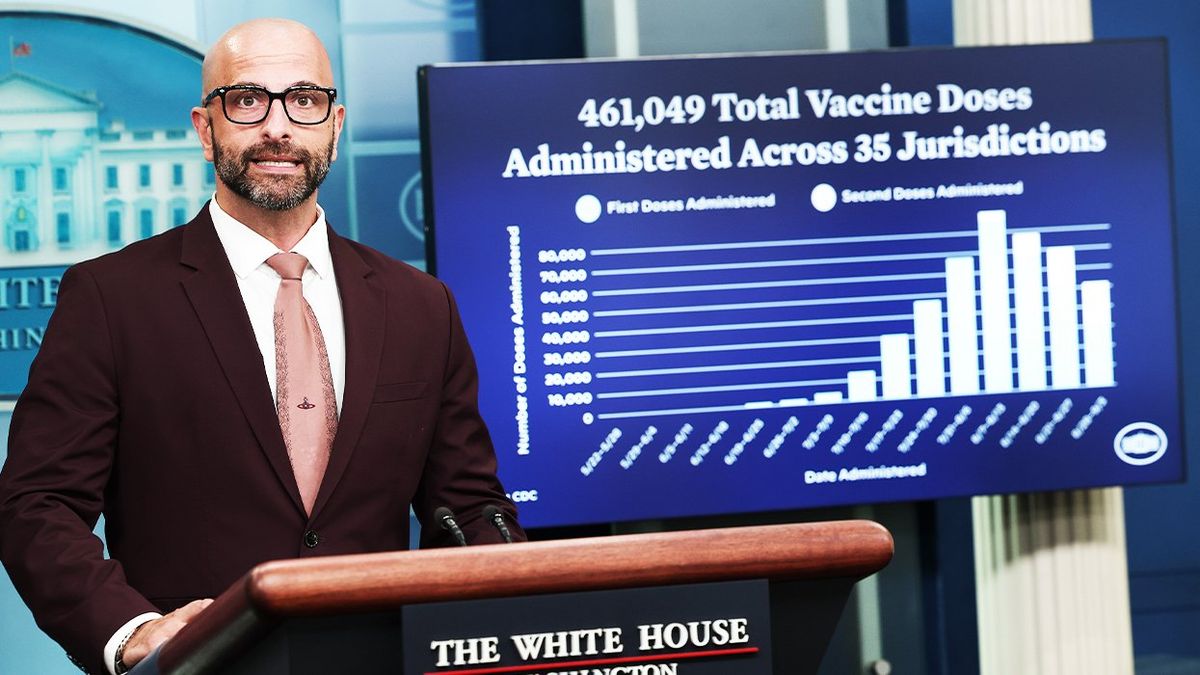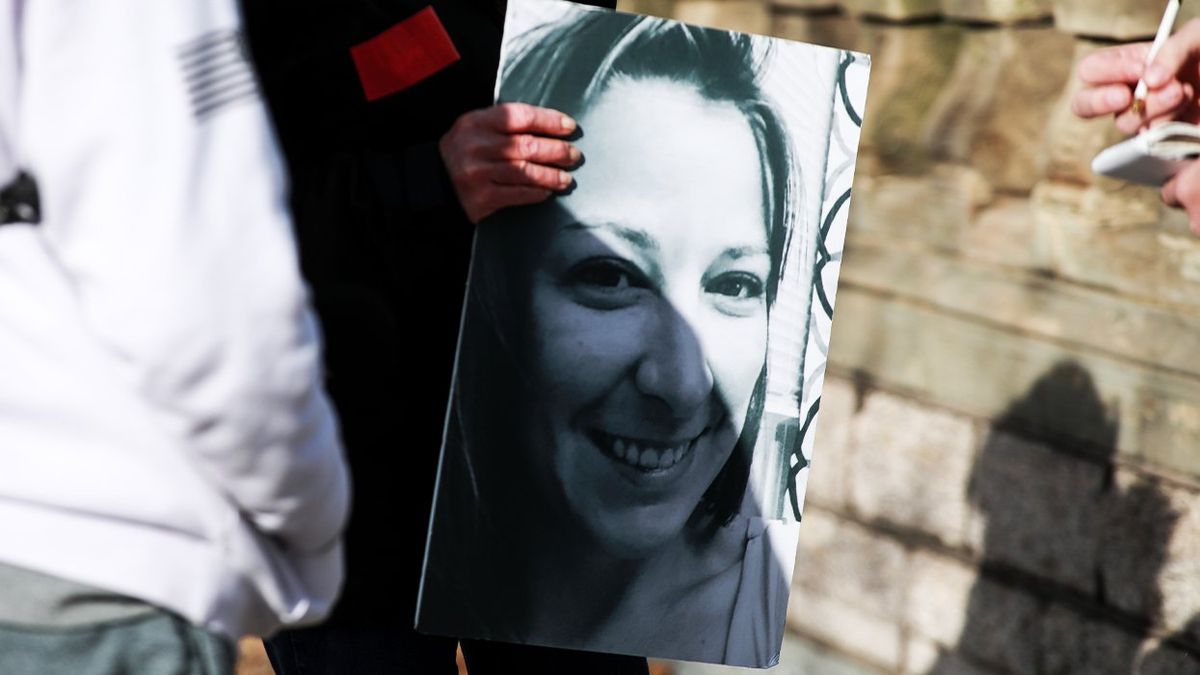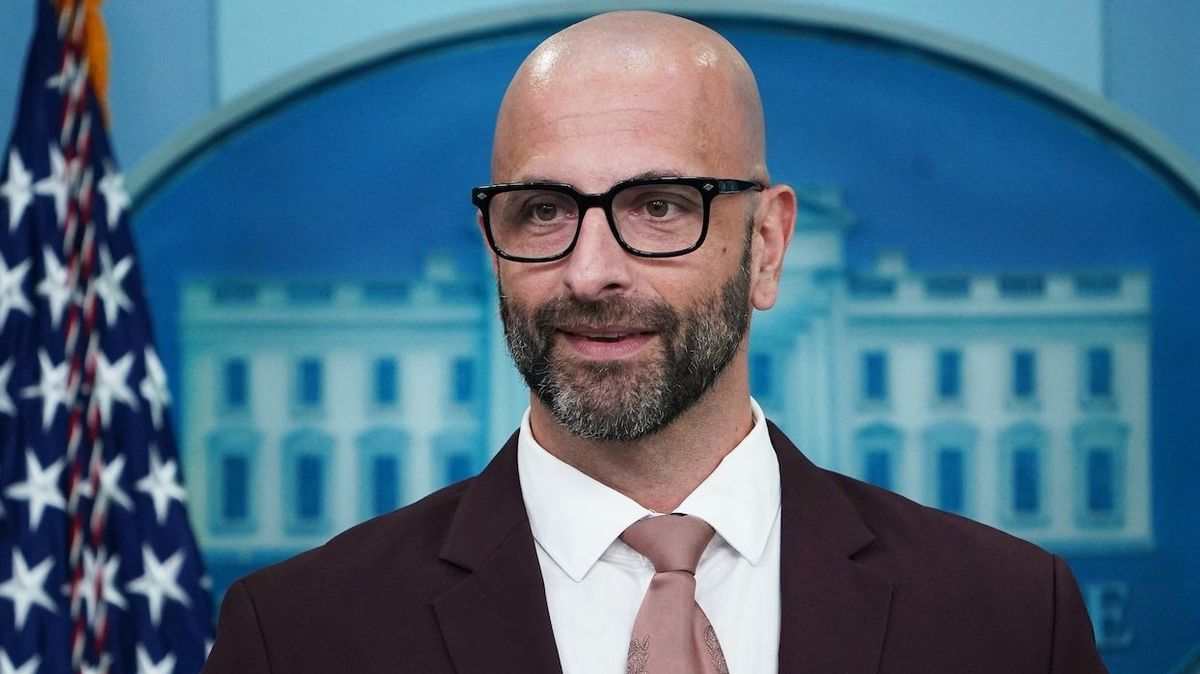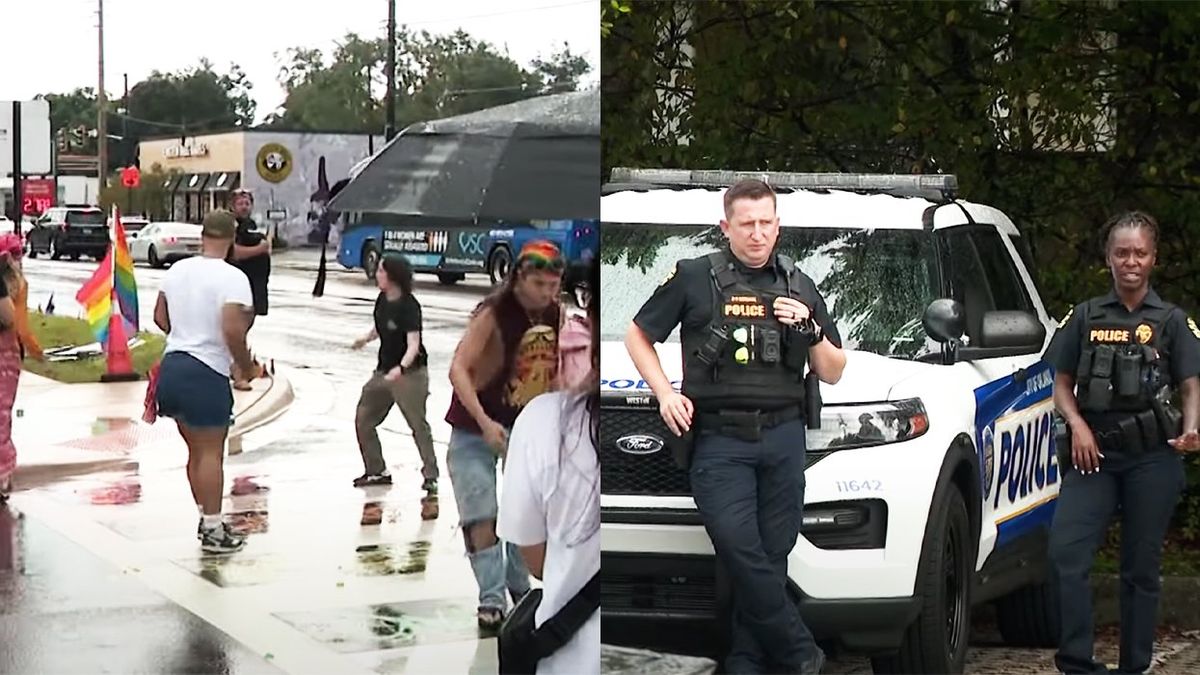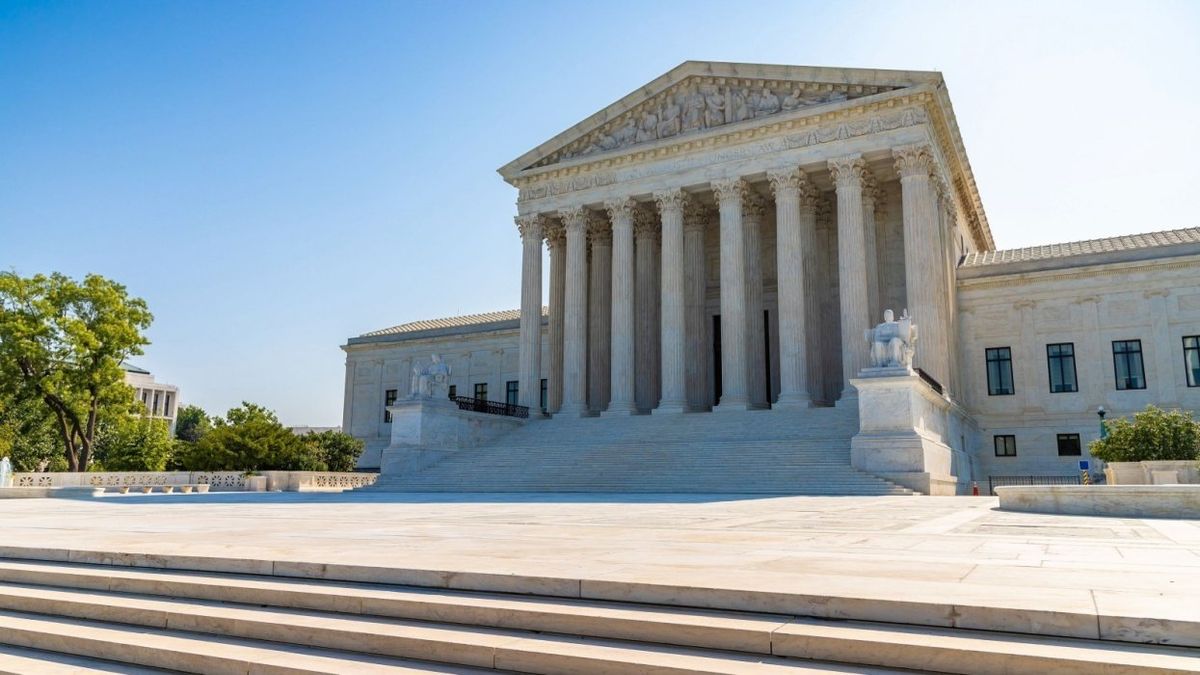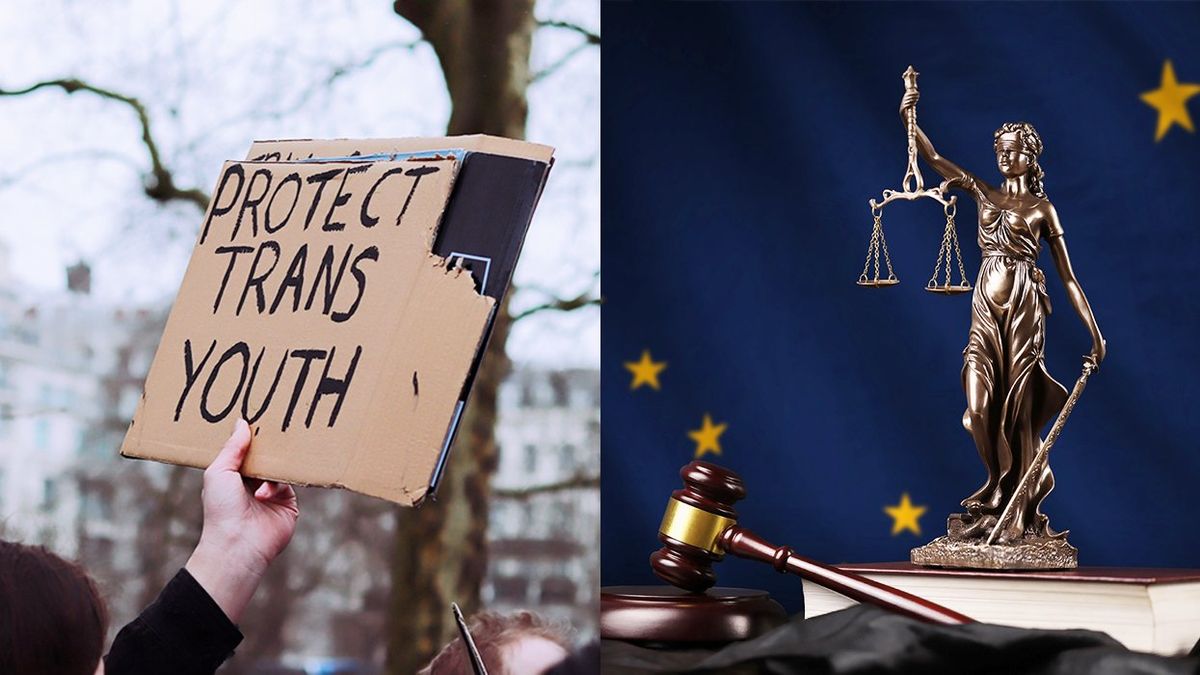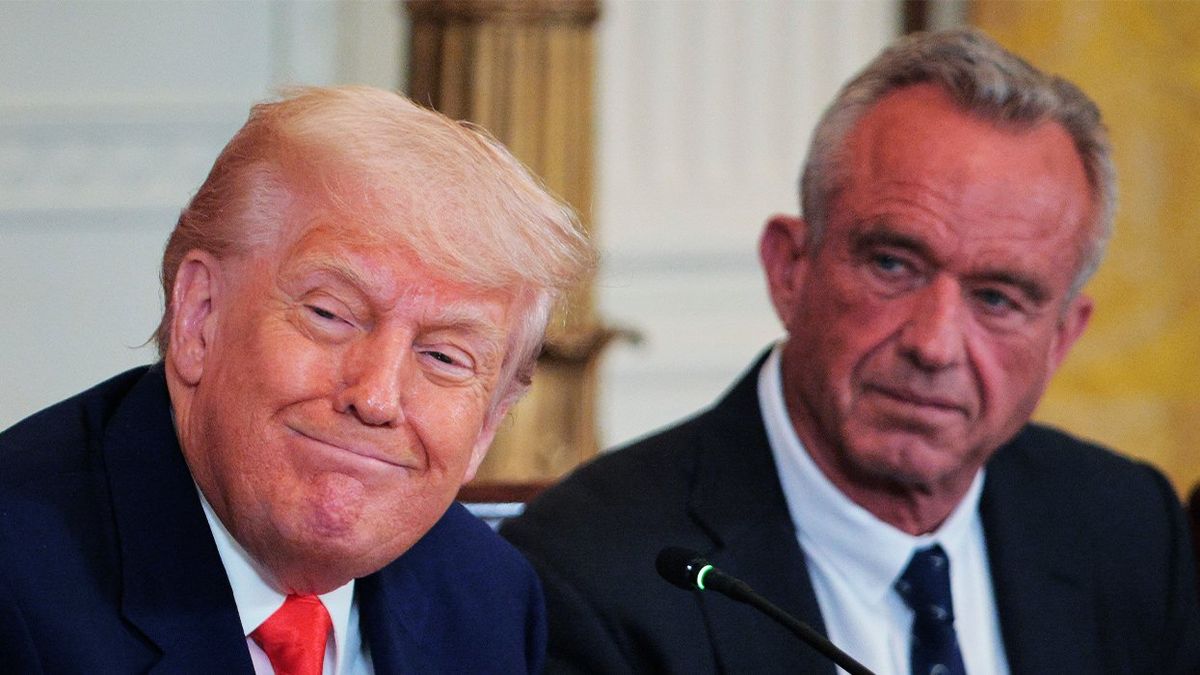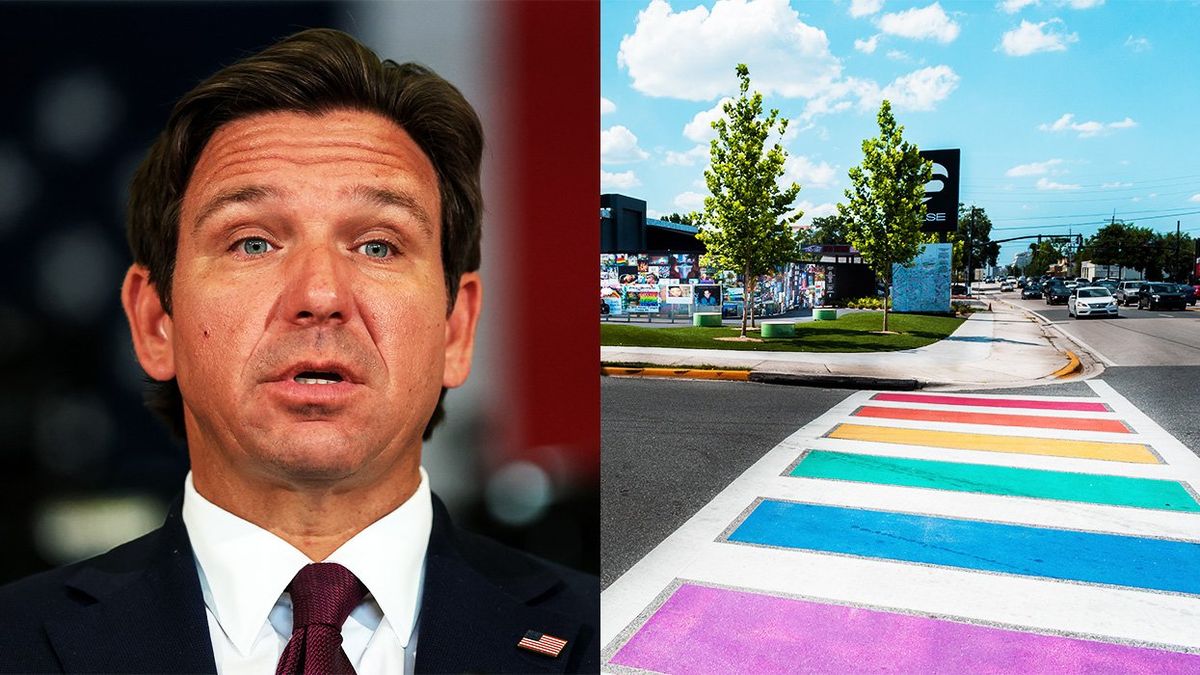CONTACTAbout UsCAREER OPPORTUNITIESADVERTISE WITH USPRIVACY POLICYPRIVACY PREFERENCESTERMS OF USELEGAL NOTICE
© 2025 Equal Entertainment LLC.
All Rights reserved
All Rights reserved
By continuing to use our site, you agree to our Privacy Policy and Terms of Use.
We need your help
Your support makes The Advocate's original LGBTQ+ reporting possible. Become a member today to help us continue this work.
Your support makes The Advocate's original LGBTQ+ reporting possible. Become a member today to help us continue this work.
For his latest role, actor David Millbern gets to be bad -- very bad -- and by his own account he savored just about every moment of the experience.
Cast as Liam Macklin in here! Networks' Death Among Friends, Millbern portrays a ruthless hired gun who kills a young lawyer in order to cover up a corporate secret, then goes on to terrorize the same lawyer's family when he realizes that the precious secret his boss so desperately wants to keep under wraps didn't die with his victim. A thriller (rife with twists, turns, and even a few explosions), the Ron Oliver-directed Death Among Friends is at its core a classic tale of good versus evil, featuring villainous performances from Millbern and an intoxicatingly venomous Margot Kidder.
Ultimately Death Among Friends, like all successful films, is simply a vehicle for the cast to tell a story, which is what Millbern says he enjoys most about his job.
"I just like to tell stories," Millbern says. "The job of an actor is to sit around the fire and tell stories. That's what we all do. That's what filmmakers do. That's what screenwriters do. And the chance to tell authentic stories of the [LGBT] community is where it's at."
With Death Among Friends debuting on here! this Friday, Millbern talked to Advocate.com about the way telling same-sex love stories has changed over the years, playing the heavy in his new film, and the joys of working with Margot Kidder.
Advocate.com: You, sir, are really quite over-the-top sinister in this new film.
David Millbern: I know. It's so good to be bad. [Laughs] It feels so great. I've got a lot of inner rage.
So I take it you truly relished this role, then?
Well, it's true ... it's just so much fun to be bad. I know what Joan Collins must have felt like in Dynasty. Evil is good, you know? [Laughs] The film used to be called Something Evil Comes and ... I was the evil that came.
Trending stories
Was Liam Macklin the most wicked character you've ever portrayed on film?
It's
interesting because I did a film for here! called In Her Line of Fire
with Mariel Hemingway and David Keith. In that particular film I played
a psychotic ex-marine mercenary ... [and] for that character I had tats on
and a shaved head ... the whole jarhead haircut and everything. That
character was more visibly psychotic. With this character [Macklin] I
had to sit on everything, which is actually more menacing because you
don't know what my character is going to come up with.
Indeed. In fact, it's the unknown depth of your character's sort of psychotic nature that makes him most compelling to watch.
I
think we're most fearful of the people who don't show anything at all.
My character is not a raving lunatic -- he's just silent the entire time. Ron Oliver, the director, wanted [Macklin], this hired
assassin [who is] employed by the Margot Kidder character, to not be
quite up with technology and how younger people were communicating.
[He] wanted him to be not quite with it, which I thought was
interesting as well. All he knows how to do is kill and follow orders
with no sense of self at all.
How did you prepare to be so deliciously bad in this role, and what were you thinking about as you did?
I
think all of us have a lot of inner rage, and whether it is allowed to
come out or not is what defines whether you're sane or not. An actor
can take some of that inner rage that we all have and make it translate
to camera and get it out. It's like the whole primal scream thing.
I'm
allowed as a person because of what I do to get it out, and I think you
just tap into that as an artist. You just tap into what ticks oneself
off, and once you do that, then when the right moment comes on-screen
you can just let it out and it comes from a very real place. That's
joyous for an actor. That's joy to be able to tap into real things and
go through with it.
Did you make any special concessions to your character on the set while you were shooting the film?
I'm
a Method actor, so I consciously did not want to become friends with the
cast. I'm a really friendly guy, but it's hard to be on a set and be
like, "Oh, yeah, great car" and "Oh, you did this last night" and then go
into a murderous rage. It comes off fake. So I did keep myself
separate from most of the ensemble cast and I found that was great
because my character didn't know them and there was a sense of
discovery throughout the movie ... of discovering who these young people
are.
Again, being Method, I didn't want to know a lot about [the
cast] personally because it didn't service the piece. So it was a very
lonely shoot in a way. I didn't fraternize with the cast in between
takes because I was basically in character and I didn't want to have
any diversion.
You work with both Margot Kidder, who has a divinely
evil role in this film, and Nicholle Tom, around whom much of the film's
drama swirls. What was it like acting opposite those two women?
Working
with Margot Kidder was a real joy, and Nicholle Tom is certainly a
wonderful, wonderful lady. Both of those ladies are really wonderful to
work with and they brought a lot to their characters. Margot and
Nicholle are two classy ladies who brought reality to the piece in a
fun way.
Speaking of fun, there's always a bit of that behind the
scenes on every set. What was one of the funniest moments for you
during the shooting of the film?
Everybody on the set called
director Ron Oliver "Daddy." At one point on the set ... I caught myself
calling Ron "Daddy" and he just sat there coolly and said "See, they
all come around to calling me 'Daddy.'" [Laughs] I was just doing it out
of rote. I would never call a director "Daddy."
You were in two films,
Twilight of the Golds and Gods and Monsters, which dealt with gay
themes in a pretty straightforward and explicit manner. However, Death
Among Friends, deals with a same-sex relationship between two of the
main characters in a much more matter-of-fact way. Is that a sign
of changing times?
I think that speaks to what here! Networks does --
they speak to today in that we don't have to make a big deal about
people being gay or not gay. The lesbian characters in this film are
just who they are. [Their relationship] doesn't have to be highlighted
or bracketed. That's where we're going and that's what here! does so
brilliantly. They portray the LGBT community in an authentic way. And
that's what I think this film does beautifully.
Recommended Stories for You
From our Sponsors
Most Popular
More Videos
0 seconds of 2 minutes, 36 secondsVolume 0%
Press shift question mark to access a list of keyboard shortcuts
Keyboard Shortcuts
Shortcuts Open/Close/ or ?
Play/PauseSPACE
Increase Volume↑
Decrease Volume↓
Seek Forward→
Seek Backward←
Captions On/Offc
Fullscreen/Exit Fullscreenf
Mute/Unmutem
Decrease Caption Size-
Increase Caption Size+ or =
Seek %0-9
Next Up
Pride Today | Meet Chris Housman — the Handsome Country Singer Tackling Gay Themes in His Music
01:43
Copied
Live
00:00
02:36
02:36
Watch Now: Pride Today
Latest Stories
Fighting for LGBTQ+ youth: The cases challenging conversion therapy bans
August 29 2025 6:00 AM
Queer adults aren't just obsessed with astrology — they believe in it.
August 28 2025 1:38 PM
Cracker Barrel quietly removes LGBTQ+ Pride and DEI page from website
August 28 2025 11:02 AM
If Trump loves gay weddings so much, what's he going to do if SCOTUS takes them away?
August 28 2025 7:04 AM
Meet Trump's 'A-Gays,' the powerful MAGA gay men on Capitol Hill explained
August 27 2025 6:45 PM
How to build a career in drag without 'Drag Race:' The story of Shontelle Sparkles
August 29 2025 6:00 AM
Out CDC vaccine chief resigns, saying ‘enough is enough’ with Trump and RFK Jr.
August 27 2025 8:52 PM
Florida deploys police to stop crosswalks from being painted rainbow colors
August 27 2025 5:48 PM
Alaska’s medical board moves to ban gender-affirming care for trans minors
August 28 2025 3:24 PM
Trump administration moves to end trans-inclusive sex education across the U.S.
August 28 2025 11:25 AM
Ron DeSantis defends repainting crosswalks, including the Pulse memorial
August 28 2025 9:49 AM


